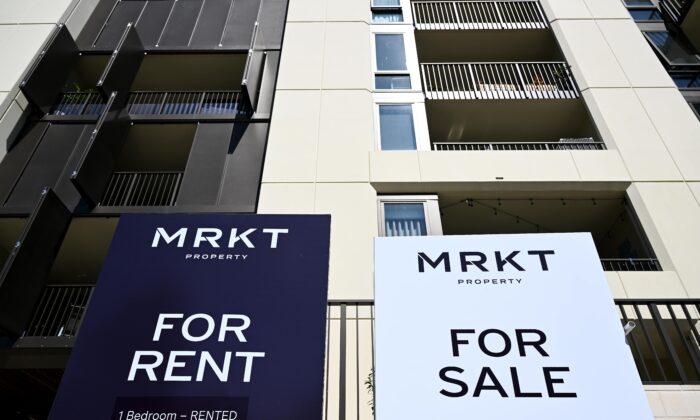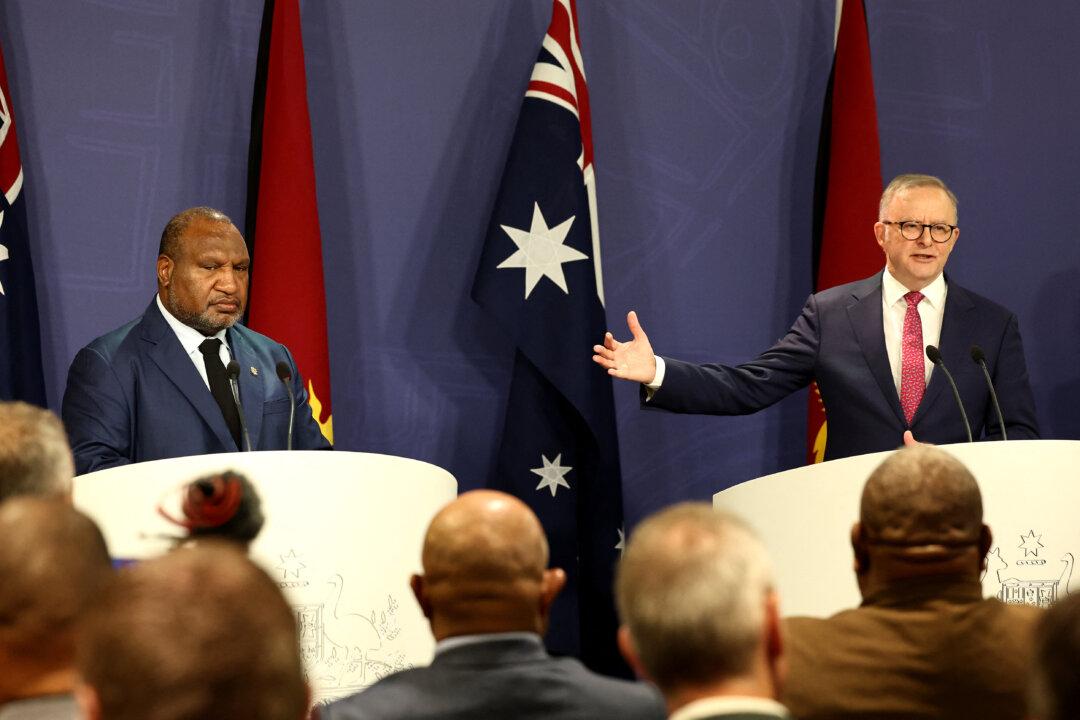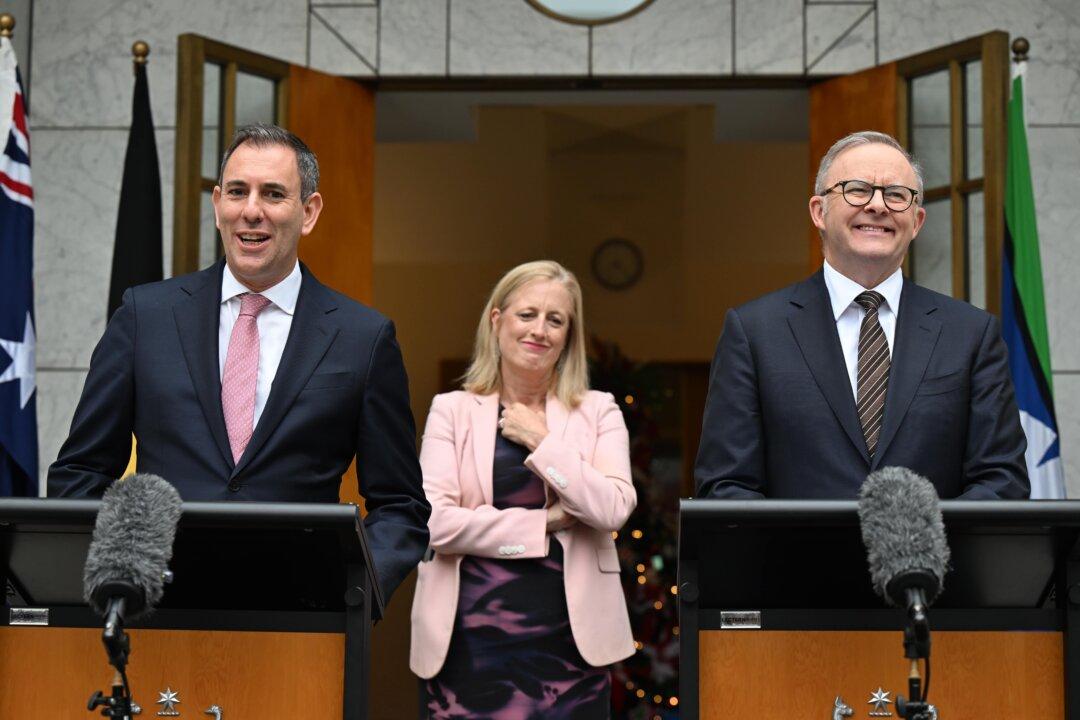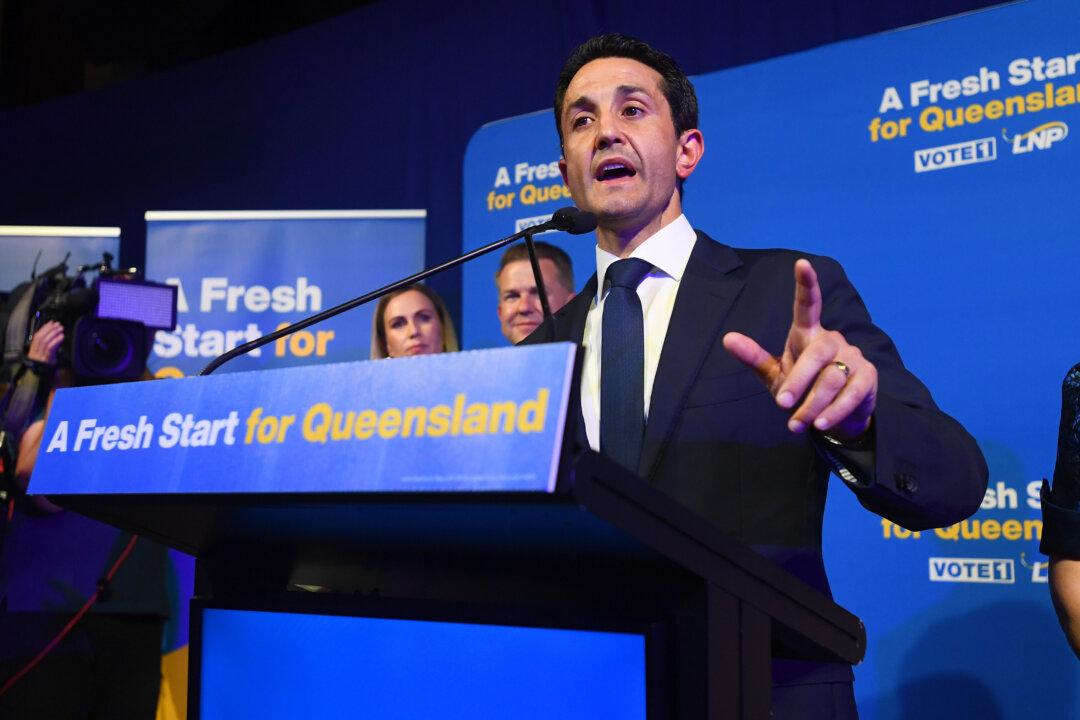Landlords in the nation’s capital will be allowed to evict tenants only for government-approved reasons after Labor and the Greens passed its no-cause eviction laws.
Attorney-General Shane Rattenbury said the move was designed to deal with the challenging rental market in the Australian Capital Territory (ACT).
“In a nation leading move, the ACT government has also made an important change that eliminates ‘end of fixed term tenancy terminations.’
“Ending this type of eviction practice means that renters cannot be kicked out of their homes without reason simply because their lease has expired,” Rattenbury said
“These laws remain balanced by still recognising that landlords will at times need to end tenancies for genuine reasons, such as selling the property, or when a tenant breaches the agreement.”
Further, the package of laws will also prohibit landlords from engaging in “rent bidding”—asking prospective tenants to pay more than the advertised price—and allow tenants greater freedom to grow their own food and to compost.
Housing Crisis Could Worsen Under New Laws, Industry Body Says
Maria Edwards, CEO of the Real Estate Institute of the ACT, said the bill introduced “significant” changes to the responsibilities of tenants and landlords, and the industry body had only nine days to change its policies before it comes into effect on April 1, 2023.“Canberra already suffers from a critical shortage of rental properties in the ACT, with rising interest rates many investors have sold their properties and increased regulation is yet another deterrent for landlords,” she told The Epoch Times in an email.
“A large proportion of ACT landlords are ’mum and dad' investors with one or two investment properties, and the risk to their financial future—should something go wrong—is greater than for institutional investors,
Edwards also warned that the laws regarding terminating leases could result in more decisions being sent to the ACT’s Civil and Administrative Tribunal, which adds another level of uncertainty.
Australia Grappling with Housing Crisis
The move comes as state and territory governments grapple with a national housing crisis caused by a combination of rising rents, property prices, and delays in construction.In response, former Premier Campbell Newman asked whether the premier would also cap “bank interest rates on landlord’s loans?”
Meanwhile, Graham Young, executive director of the Australian Institute of Progress, said the ACT’s measures would not relieve housing pressures, and would instead, lead to higher rents.
“By attacking the property rights of landlords, the legislation will actually limit the number of rental properties available as investors steer clear of the sector in favour of less regulated areas. That will lead to inevitable increases in rents,” he told The Epoch Times via email.
“A lease is an agreement between adults on terms they both accept. Imposing additional conditions on either party denies their agency and damages the trust necessary for commercial arrangements to work,” he said.
“[Neighbouring] Queanbeyan in New South Wales will undoubtedly be the beneficiary of this as landlords seek the safety of a rational, mature, and near-Canberra market to provide housing for rent.”





